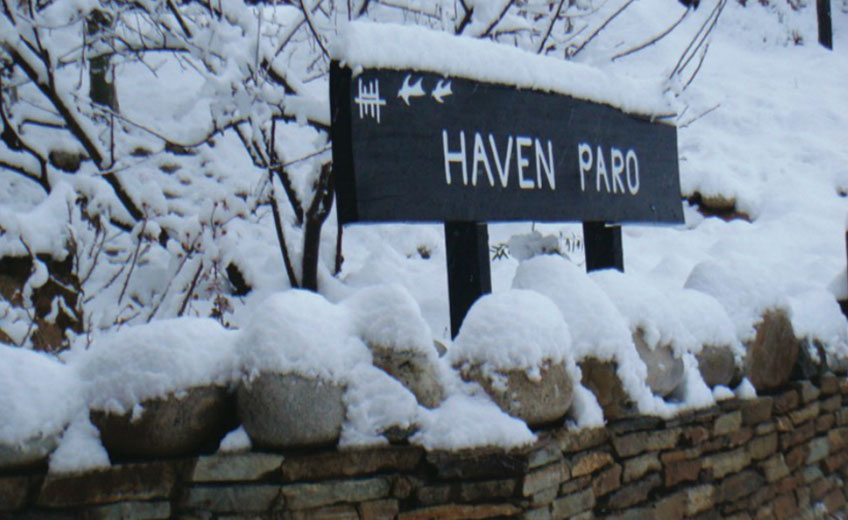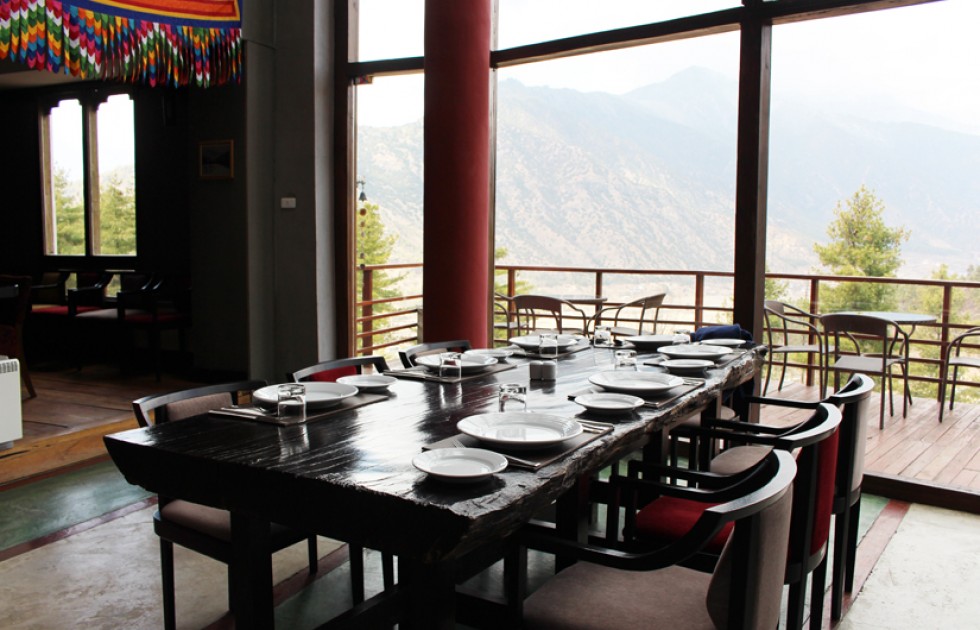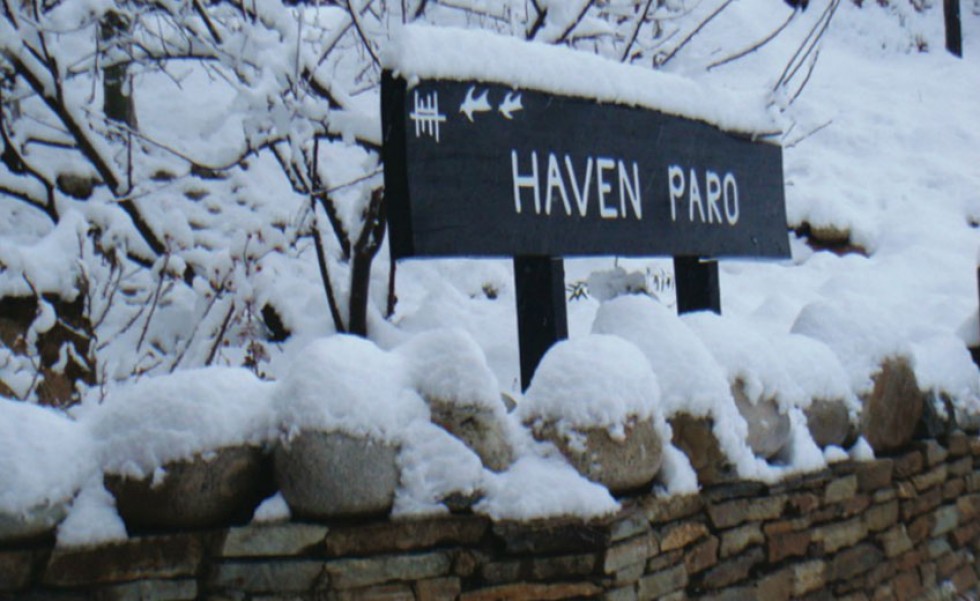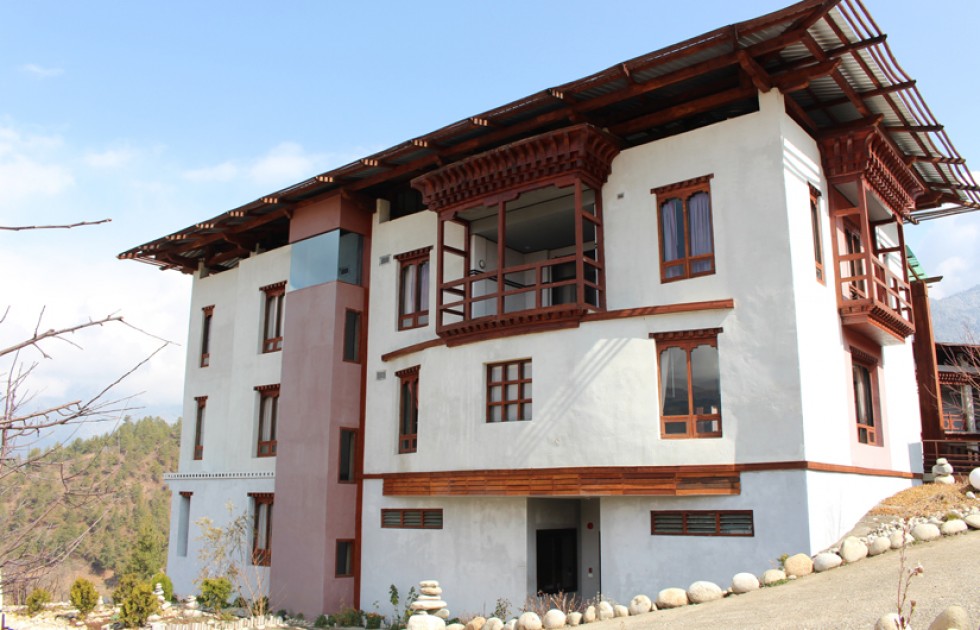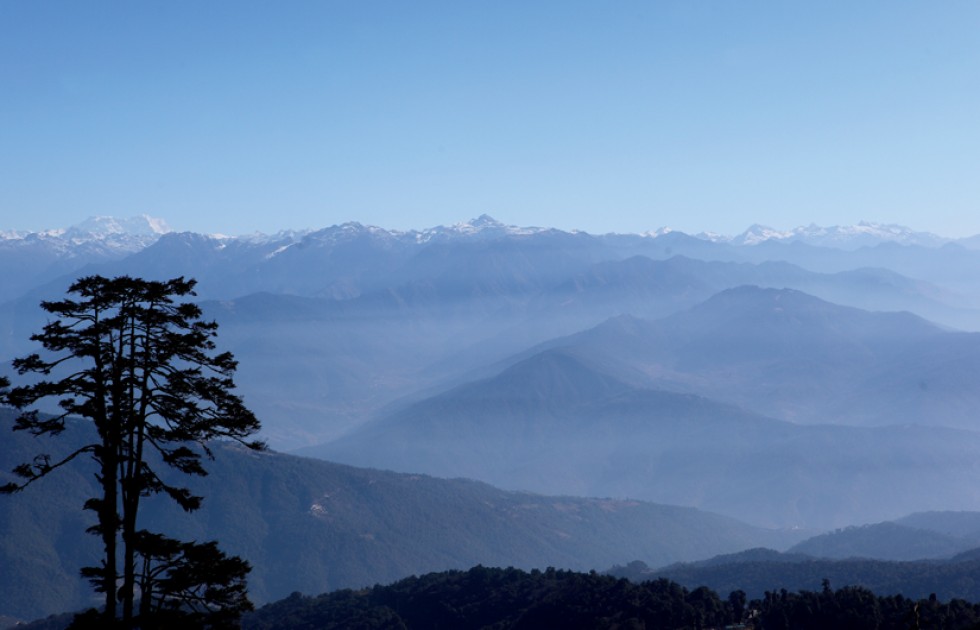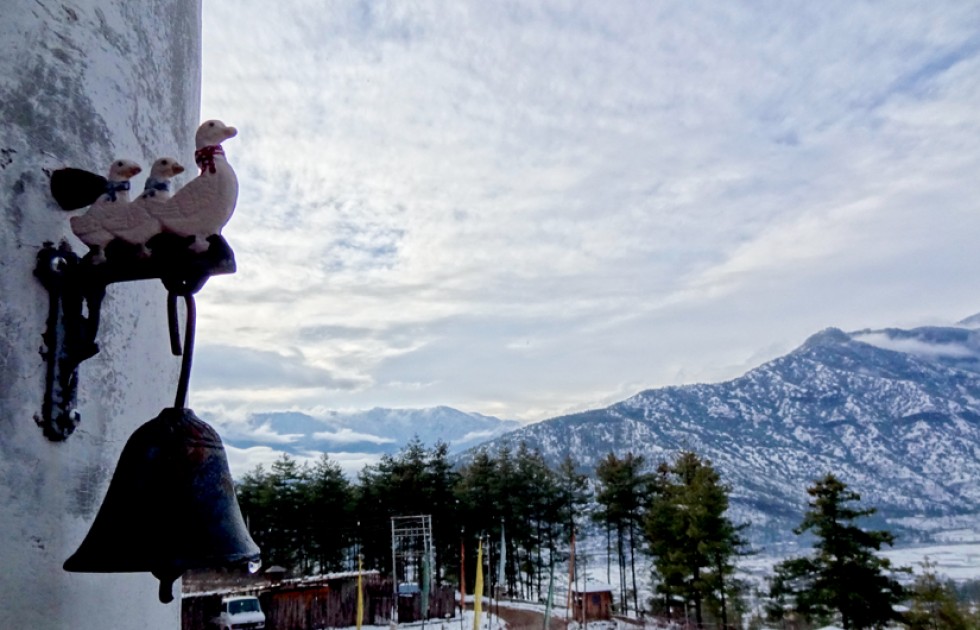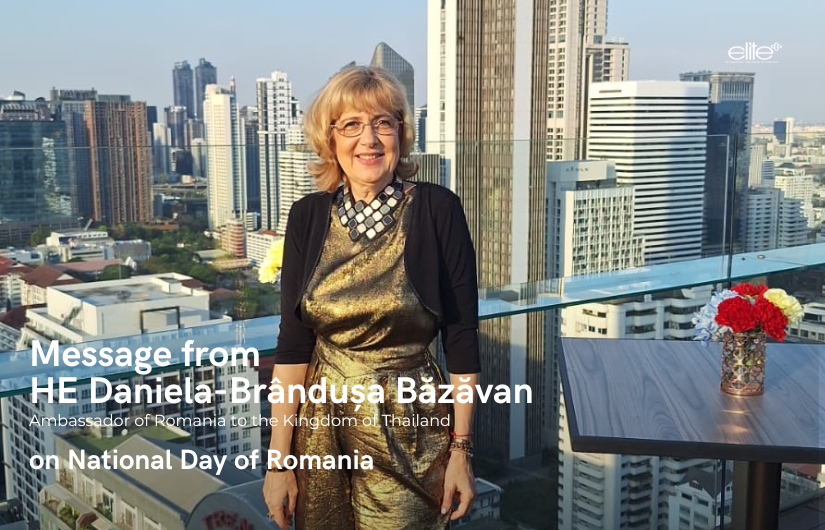THE BEAUTY OF BHUTAN
A Himalayan kingdom has preserved its culture and traditions by emphasizing happiness over profit and making it a difficult country to visit. A new Thai-owned hotel in Paro makes it easy
With technology, the world has become smaller and more travelled. But there are a few places that are still unique and a real privilege to visit. One of them is Bhutan, the untouched Shangri-la nestled in the Himalayan range where unique culture, traditions and way of life remain pristine.
Bhutan is considered one of the world’s top travel destinations, but very few make it. This is because of relatively strict visa regulations for tourists, requiring a minimum daily spend of US$200 per person, and its unique rocky terrain that only a handful of airlines have permission to navigate. When Bhutan opened for tourism in 1974 after centuries of isolation, the governmen tadopted a cautious approach to avoid the negative impacts that mass tourismcan have on a small country. This consistent tourism policy of high value, low impact has helped the kingdom preserve its rich culture. It still represents a mystical destination for those seeking a journey back in time, and visitors step into a vibrant culture still alive in dance and song, festivals and legends, art and architecture, all in a pristine natural setting of majestic mountains and lush valleys.
Some 80,000 to 90,000 visitors venture to Bhutan every year to immerse themselves in natural and cultural heritage unspoiled by globalization. Today Bhutan is a fine example of sustainable ecotourism, inspired by its unique development philosophy: Gross National Happiness. The national policy of high value, low volume tourism asks every visitor to be sensitive to a society that is trying to preserve the best of its past in a rapidly changing world. The country has 20 virgin peaks that are more than 7,000 metres high;mountaineering was closed in the late 1970s when the nomadic herders living on mountain slopes protested in parliament that their sacred mountains were being exploited. This is an example of Bhutan’s courageous policy to foster happiness over material gain.
Slowly but steadily, however, Bhutan has welcomed foreign investors from various industries, especially tourism, which is still the country’s main source of income. One of the higher-end hotels operated by foreigners is Haven Resort Bhutan, the first resort by a Thai hotelier to offer homey, heartfelt and thoughtful service in a luxurious, five-star property. It sits at the foot of the Himalayas in Paro, the second largest city in the country after the capital, Thimphu.
Haven Resort Bhutan is the second property under Haven Thailand, which also operates Haven Resort Hua Hin. Opened two years ago,Haven Resort Bhutan sets itself apart from competitors with spacious facilities, excellent service and authentic Thai cuisine. Located on as mall hill overlooking the city scapeand the majestic Himalayas, the luxury boutique hotel boasts three storey buildings that blend in with the natural garden and apple orchard surroundings. Past the traditional Bhutanese façade, travellers are treated to five-star accommodation, with king-size bed and cotton linen, hot shower, bathtub with a viewand high-speed Wi-Fi. Haven Spaoffers Bhutanese hot stone bath sand Thai traditional massage to soothe body and mind.
The resort offers five-day, fournigh tall-inclusive packages at 62,000baht per person during the low season(December to February and June to August) and 68,000 baht per person during the high season. The package includes visa fee, return flights from Bangkok, meals and sightseeing programmes that include highlights such as Punakha Dzong, the famous Paro Taktshang (Tiger’s Nest Monastery) and a day trip to Thimphu.
Being a small boutique hotel, Woraphot, Haven Hotel’s owner was required to have a local partner to start up the business. Fortunately he had be friended a Bhutanese citizen who later became his business partner. It took them two years to get the permit forconstruction. Then the next challenge began.
“Construction facilities and know how in Bhutan are very primitive, ”Mr Woraphot said. “Think Thailand decades back when everything was done by hand with simple tools and no machinery at all – that was Bhutanat least five or six years ago when I started construction of the hotel. I had to bring almost all the material and heavy machinery as well as construction workers from Thailand, otherwise the hotel would have taken six years to complete instead of oneand a half. The good thing is that locallabour is cheap, though not skilled, and wood is very cheap. That’s why I decided to build the whole hotel from beautiful oak wood.”
In terms of a visitor, “Coming to Bhutan is complicated because everything from applying for a visa to booking flights and hotel has to be done through authorised travel agencies, and it’s not cheap. Atrip to Bhutan is a once-in-a-lifetime experience for a lot of people, and we are determined to make it count for them by giving them the best we have to offer.”


